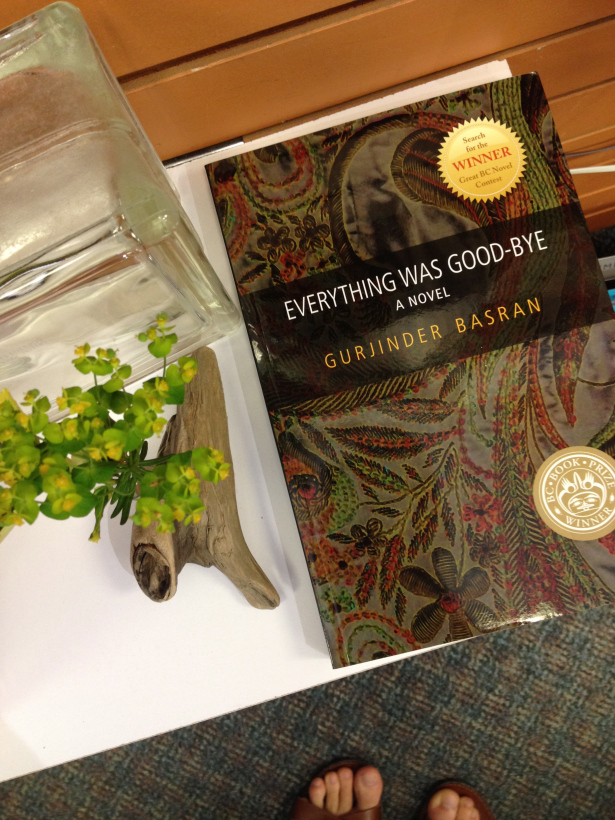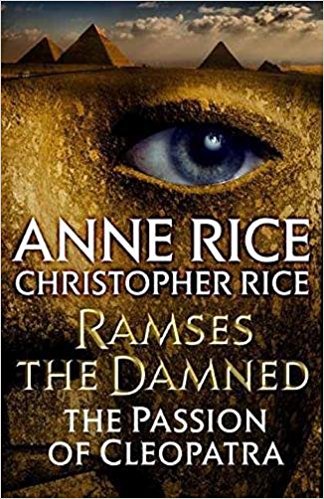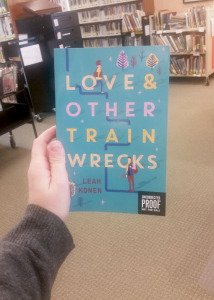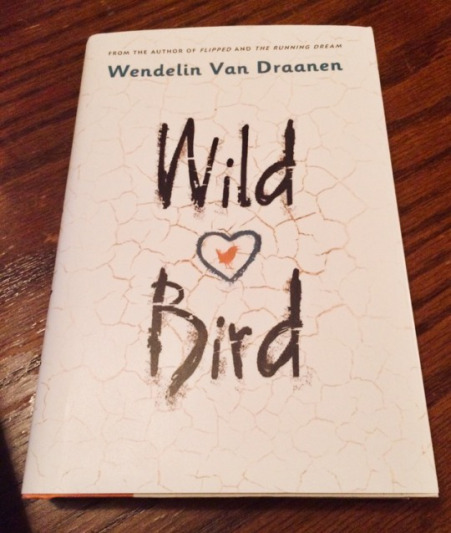
Everything was Good-Bye – Gurjinder Basran (Mother Tongue Publishing, 2010)
For most of high school, I lived within walking distance of a Sikh temple in East Vancouver. A lot of my friends were Punjabi and so while there’s still a lot I don’t know about Sikh culture, I’d say I’m fairly familiar with it over all. So I was excited to read Basran’s novel of a young Sikh girl growing up in Delta (a suburb of Vancouver).
Meena is the youngest of six daughters, raised by their widowed mother, and growing up in the often restrictive confines of traditional Sikh culture. While one sister has bucked tradition and run away, Meena’s older sisters have each ended up in arranged marriages and while Meena doesn’t particularly want this, she feels trapped by the expectations of her family. She’s isolated in her school as a minority and befriends Liam, a white boy who is an outcast for other reasons. Their relationship is awkward, halting, and very believable, with all the uncomfortableness and confusion of teenage romance.
I don’t Delta very well but I do know that outside of India, the Vancouver area has the largest Sikh population in the world. So I did find Meena’s isolation a little false. I find it hard to believe that she would be the only Punjabi girl in her school and wouldn’t at least be able to make friends within her own cultural community. It ends up feeling like the author is trying to force her friendship with Liam a little too hard but unnecessarily isolating Meena.
I did really enjoy the first section of the book, while Meena is still in school, trying to figure out how she feels about Liam, what her future will be, and watching the last of her sisters move into marriage. The novel then hops forward in time by several years to Meena in her early twenties. She’s finished university (which we didn’t get to see at all and I think was a missed opportunity), working but still very isolated as she lives with her mother, and being pushed toward her own arranged marriage.
There’s one more jump in time and Meena’s life changes drastically. This change felt realistic, following on what we know about Meena and what she’s narrated to us, as well as what’s come before. The ending, however, felt emotionally manipulative. Aside from being pretty unrealistic, it felt like the author keeping a happy ending from Meena for the sake of avoiding a happy ending.
The setting is great and familiar to readers who know Vancouver and its surroundings and the cultural details are authentic and interesting. Basran doesn’t drown us with them but throws them in as needed and they add to a world that feels genuine and fascinating. Some of it felt familiar to me and others were things I learned for the first time. I haven’t come across a lot of Indo-Canadian writing so I look forward to seeing more from Basran.
Advertisements Share this:




